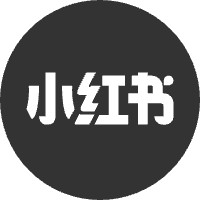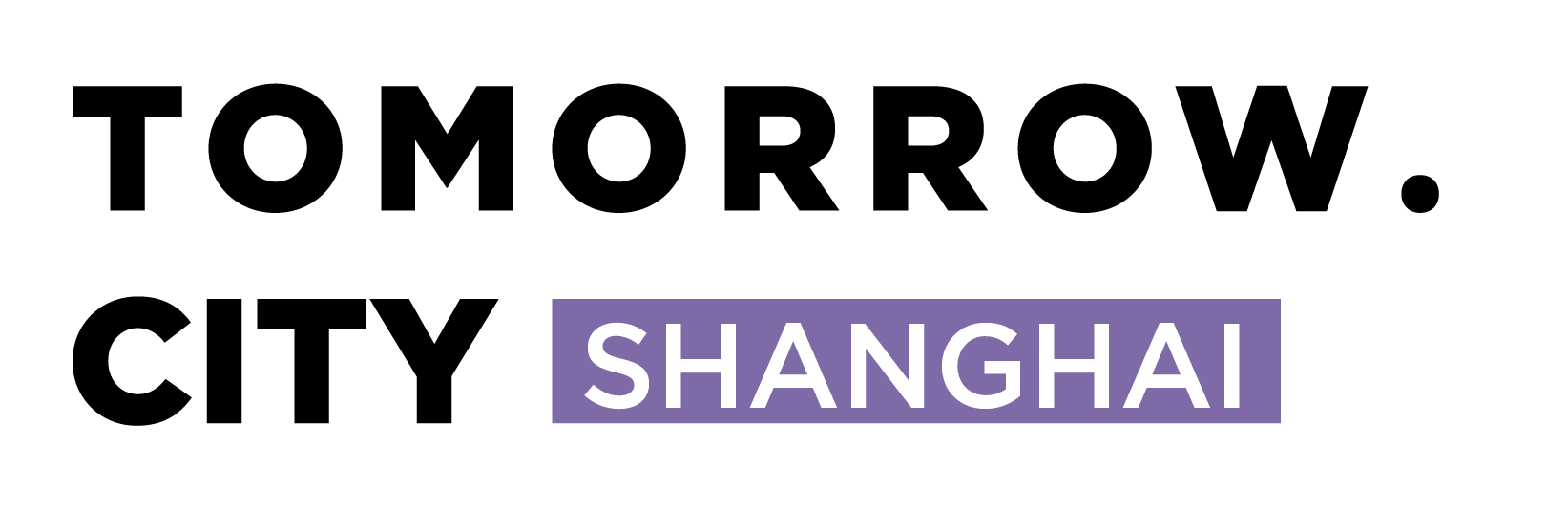
#TCS25
2025 CORPORATE PARTNERS
Discover the network of global organizations and media outlets that collaborated with us at #TCS25.
ORGANIZED BY


Smart City Expo World Congress

Shanghai Application and Promotion Center of City Digital Transformation (Shanghai Smart City Promotion Center)

Shanghai Pudong New Area Bureau of Data
UNDERTAKEN BY

Shanghai Tomorrow City & Ent. Dev. Co., Ltd.
SUPPORTED BY
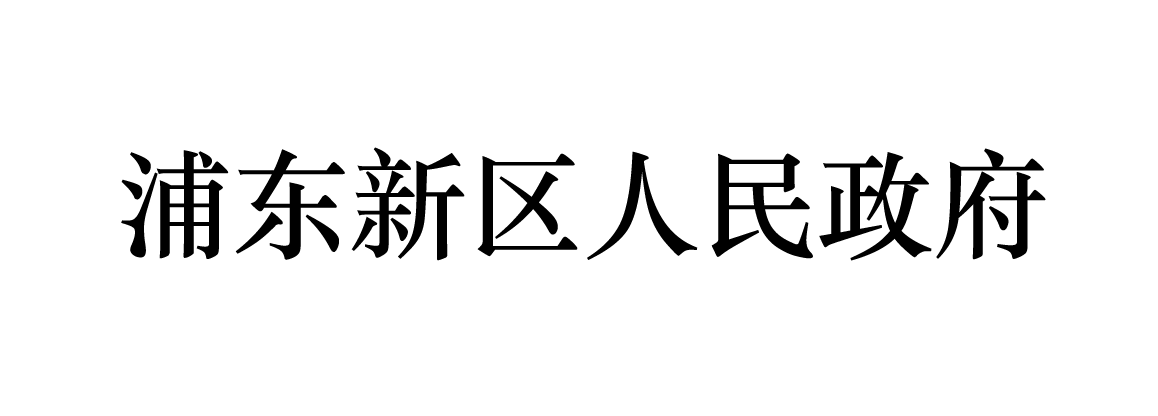
People’s Government of Pudong New Area
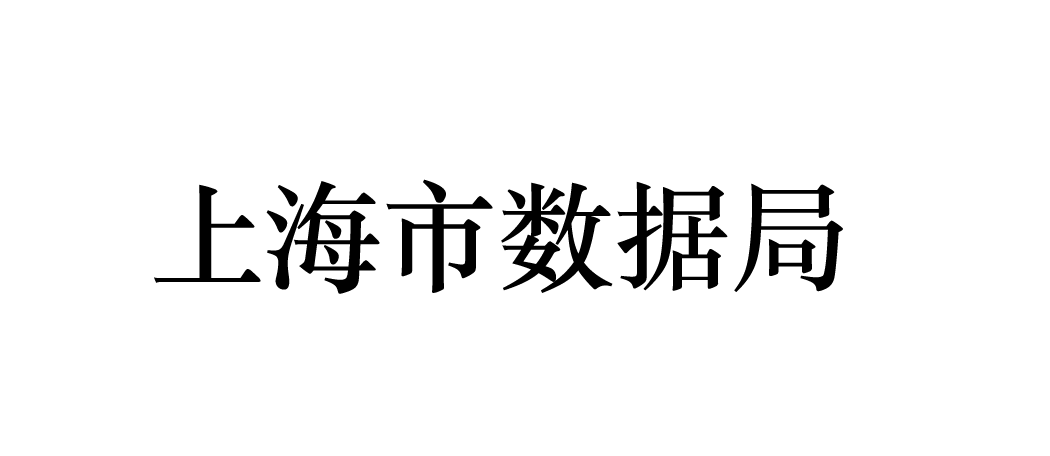
Shanghai Municipal Bureau of Data
CO-ORGANIZED BY

China Council for the Promotion of International Trade Shanghai Pudong Sub‑Council
COLLABORATING ORGANIZATION
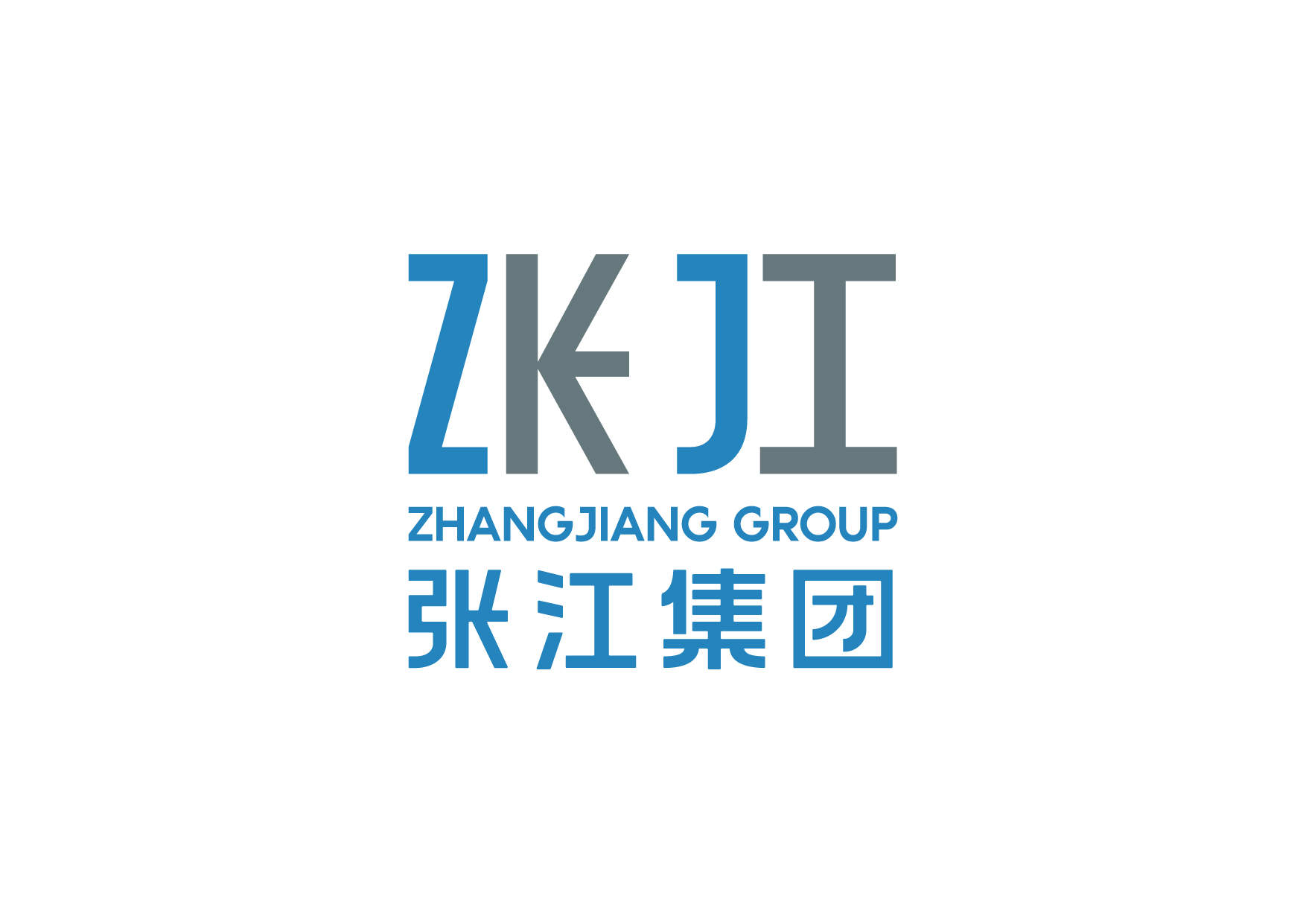
Zhangjiang Group
Zhangjiang Group (formerly known as Shanghai Zhangjiang InnoPark Development Company) was established on July, 1992. As an engine for the development of Zhangjiang Science City, a booster for emerging industries, and a creator of a science and innovation ecosystem, the Group shoulders the responsibility of developing Zhangjiang Science City, attracting investment projects, cultivating new industries, providing services, and creating a favorable environment for innovation and start-ups. In the future, the Group will continue to focus on the source of science and technology innovation, better industrial services, integration of work and life, and high-quality development, and accelerate to become an outstanding provider of comprehensive ecological services for innovation and industrial development and create a higher-level science and technology innovation ecology in Pudong New Area.

Golden Bridge
SUPPORTING INSTITUTION
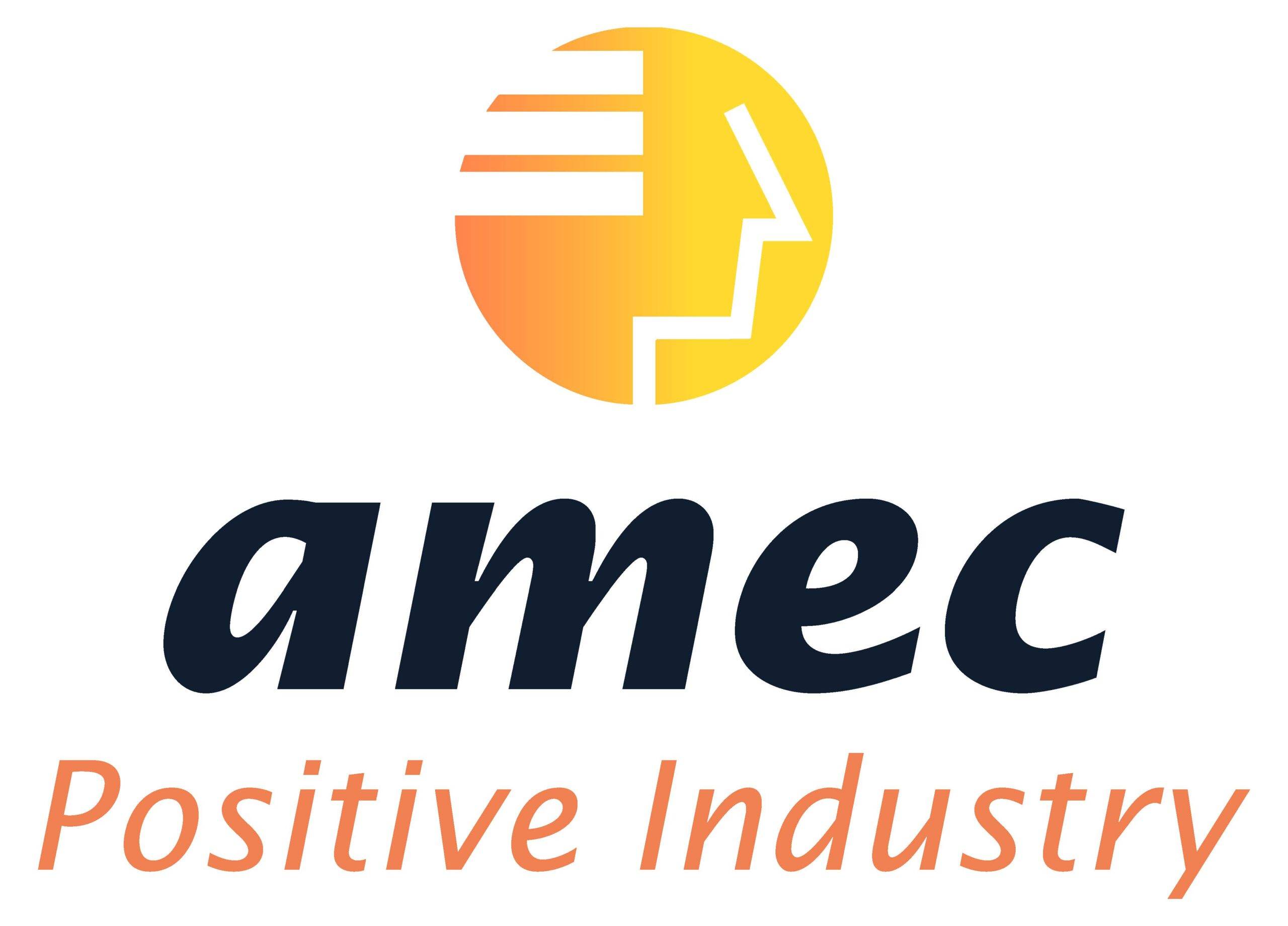
amec Positive Industry
amec Positive Industry is an initiative launched by the Spanish industrial association amec, aimed at advocating and promoting “Positive Industry.” This concept refers to industries that generate a positive impact on business ecosystems, society, and the planet. The initiative calls for society to recognize the benefits of industrial economic growth across all sectors and encourages policies that support industrial development.
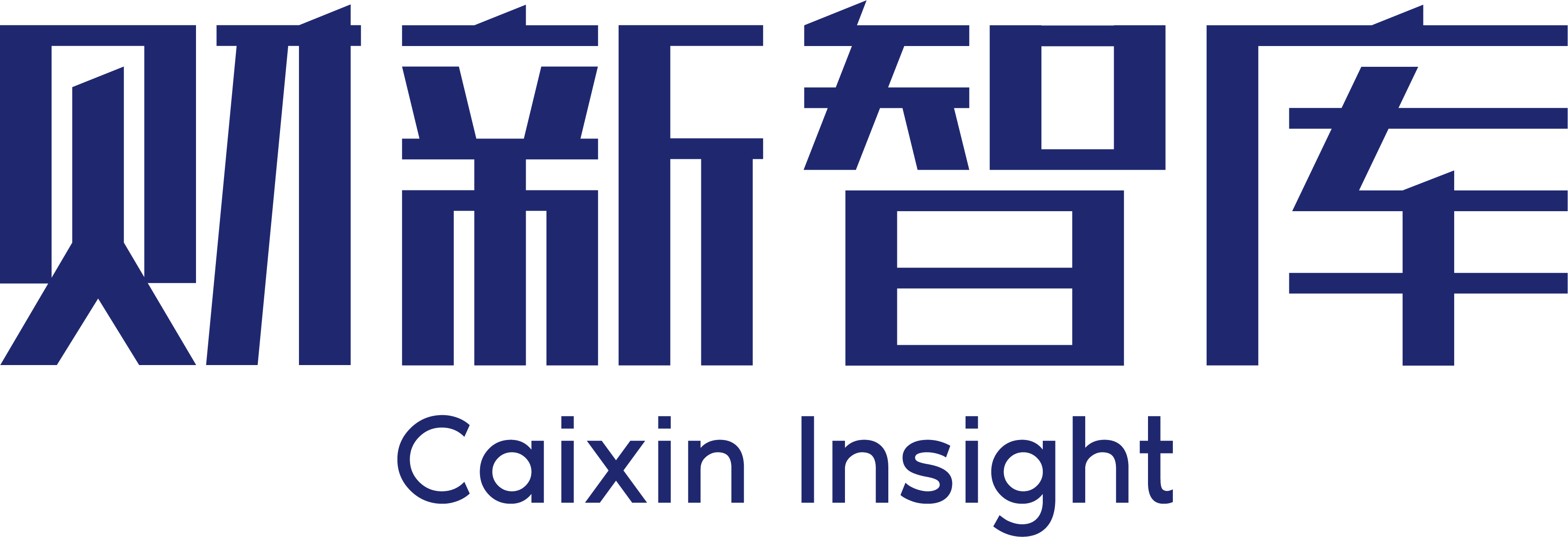
Caixin Insight
Caixin Insight (财新智库) was established in August 2015, with a vision to become "the builder of financial infrastructure for China in the new economic era." It aims to create a high-end financial service platform that combines research, data, and index. As an integral part of Caixin, Caixin Insight is dedicated to providing comprehensive solutions to issues related to structural adjustments of China's macroeconomic, internationalization of capital markets, Globalaztion of Chinese industries, and the healthy development of financial technology. It offers tailor-made cooperation solutions for financial institutions and corporate clients to enhance their value and achieve breakthrough development.Caixin Insight boasts a dynamic and creative team of business experts and management professionals, including talents from investment banks, commercial banks, securities, big data, media, domestic and foreign universities, private equity, and more. The team includes several Ph.D. economists, Ph.D. engineers (in computer science), and Chartered Financial Analysts (CFAs).Caixin Insight collaborates closely with research, financial, business, and government sectors, integrating financial data resources. It has introduced a series of index-based and structured research tools. Through these perspectives, Caixin Insight has developed its own methodology in areas such as China's macroeconomic structural transformation and government and urban industry positioning.A range of indices, including climate risk index, New Economy Index (NEI), agricultural production index, commodity index, and New Economy Consumption Index (NECI), help financial market participants gain more insightful knowledge of various aspects of China's economic development. Caixin Insight welcomes new partners to collaborate on developing additional indices.Caixin Insight's research services also include economic and social evaluation models for regional economic analysis, sustainable development evaluation models for businesses, regional climate characteristic assessments, and targeted commissioned research or assessment analyses for capital markets, macroeconomics, and regional economics.
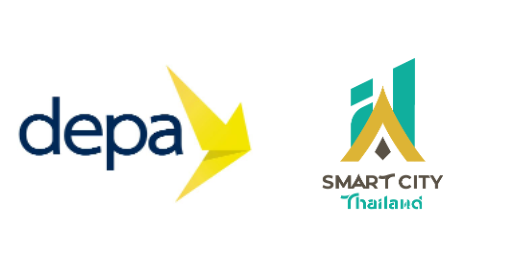
depa
Smart City ThailandDigital Economy Promotion Agency (depa) of Thailand
The Digital Economy Promotion Agency, commonly on as “depa,” is a governmental entity established in 2017 under the Ministry of Digital Economy and Society of Thailand. As a legally recognized body, depa holds the authority to execute its mission in alignment with national development goals.Depa drives the growth of digital industries and technological innovation across Thailand. It focuses on advancing digital infrastructure, encouraging innovation, and integrating technology into both public and private sectors to strengthen the economy, improve societal well-being, preserve cultural values, and enhance national security. depa provides strategic guidance, resources, and policy support to ensure the widespread adoption of digital solutions tailored to Thailand’s needs.Depa is committed to positioning Thailand as a leader in the global digital economy. By fostering equitable access to digital tools, promoting innovation, and building a secure digital framework, depa empowers businesses, enhances public services, and improves quality of life for citizens. Its efforts deliver sustainable economic growth, technological resilience, and social progress, ensuring Thailand excels in the digital era. Depa has been recognized my various global awards including the Best Project Award from Smart City Expo World Congress China in 2024 and Best Partnership Award from World Smart City Expo in 2023 for its role in promoting citizen centric smart cities in Thailand and spearheading the growth of such concept in the regions.
—
Smart City Thailand Office
The Smart City Thailand Office is a governmental institution operating under the Digital Economy Promotion Agency (depa) within the Ministry of Digital Economy and Society of Thailand. Established to advance national priorities, the Office is tasked with leading smart city initiatives across the country.The Smart City Thailand Office oversees the development of smart cities throughout Thailand. It provides expert guidance, strategic planning, and policy support to local governments and communities, enabling the integration of advanced technologies into urban governance and infrastructure. The Office focuses on creating efficient, sustainable, and livable urban spaces that meet the specific needs of Thailand’s cities and towns.The Smart City Thailand Office operates under the supervision of depa and is accountable to depa’s Board of Commissioners. It ensures adherence to national regulations and alignment with Thailand’s broader development objectives.The Smart City Thailand Office transforms urban environments through innovative technology, delivering measurable improvements in public services, sustainability, and quality of life. By equipping cities with smart infrastructure, the Office enhances efficiency, reduces environmental impact, and promotes inclusive growth. Its initiatives ensure Thailand’s urban centers are prepared for future challenges, providing residents with safer, more connected, and sustainable communities.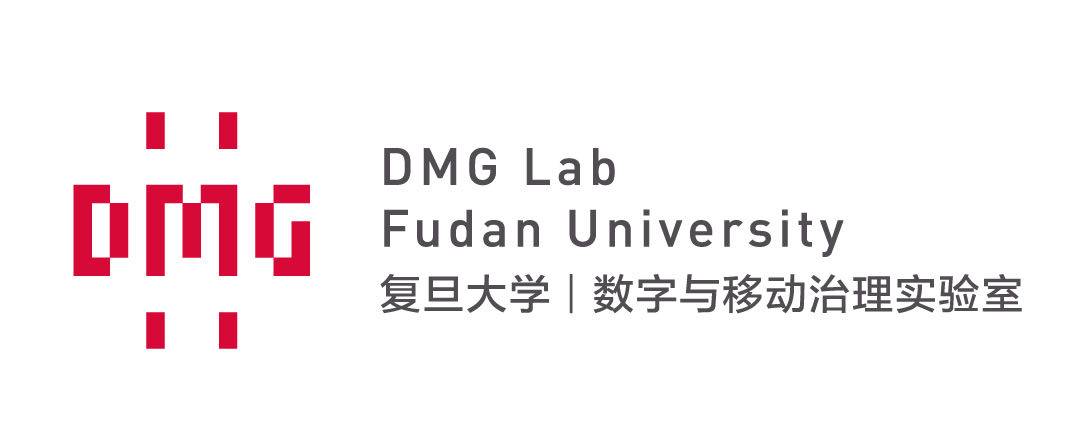
Lab for Digital & Mobile Governance
Fudan University's Lab for Digital & Mobile Governance, or Fudan DMG Lab, was established in June 2010. The laboratory is committed to conducting academic research, educational training, innovation experiments, and policy consultations on the new opportunities and challenges facing the national governance system and governance capabilities in the digital era.Research areas of the lab encompass digital government, government digital transformation, government data openness and sharing, innovation in government services, and urban digital governance, among others.Since 2017, the lab has consistently released the China Open Data Index and the "China Local Government Data Open Report," which have had significant academic and societal impacts. These reports serve as essential references for many local governments to benchmark their local data openness levels and provide data support for the evaluation of government data openness nationwide by the Informationization Development Bureau of the Cyberspace Administration of China. Starting in 2021, the lab has been involved in the joint production and release of the "Mobile Government Index" and the "China Provincial Mobile Government Service Report," aiming to enhance the supply level of mobile government services and improve the overall user experience.
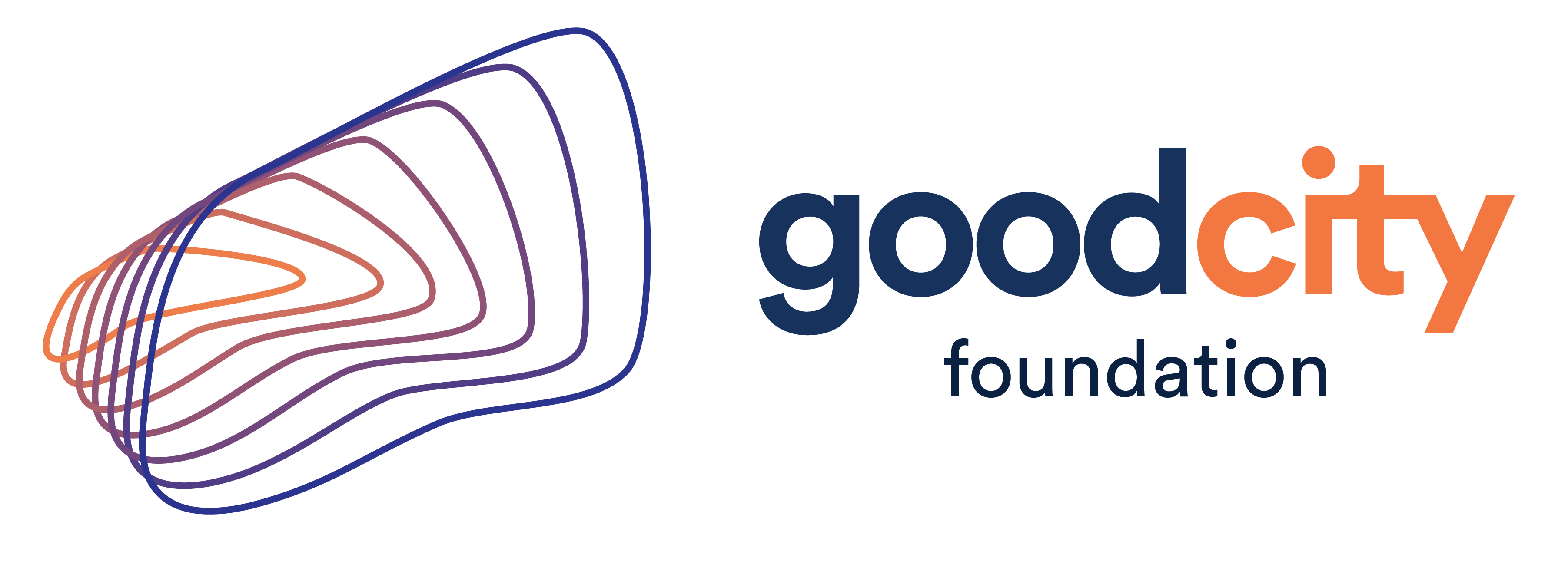
Good City Foundation.
Good City Foundation is a non-profit non-governmental organization founded in Hong Kong in 2016 with a group of young public policy scholars and entrepreneurs. The Foundation envisions long-term resilience and sustainability in the world of urbanization, through fostering cooperation among the young leaders in the private and public sectors. Good City Foundation conducts social innovation and public policy related research, hosts annual meets “Future City Summit” in Hong Kong and Greater Bay Area and conducts urban development projects in emerging cities in Asia.Good City Foundation is currently an institutional partner of the G20 Global Smart Cities Alliance (GSCA) and official cooperation partner with the World Economic Forum regarding the global urban transformation, with a network of over 35 City Partners in Asia, Africa and Europe and 6 key development networks such as St. Gallen Symposium and Hong Kong Social Entrepreneurship Forum.

Metropolis
The World Association of Major Metropolises, established in 1985, is an international non-governmental organization that has developed in recent years with the rise of international urban multilateral exchanges. The association organizes major cities and relevant institutions worldwide through a membership system, facilitating communication, exchange, and cooperation, and has established working relationships with important international institutions such as the United Nations Human Settlements Programme, World Health Organization, World Bank, European Union, and Organisation for Economic Co-operation and Development. In May 2004, the World Association of Major Metropolises, while retaining its independence, merged with the newly established United Cities and Local Governments and took on the responsibilities of the Metropolis Department of the new organization.

PLANMalaysia
The Town and Country Planning Department or known as PLANMalaysia is one of the Departments under the responsibility of the Ministry of Local Government Development (KPKT). PLANMalaysia is a leader in urban and rural planning in Malaysia to improve the level of people's well-being and the nation's prosperity by 2030.This department provides planning advisory services for urban and rural areas and helps Local Authorities (PBT) prepare development plans at all local levels.The planning practices implemented are based on the Town and Country Planning Act 1976 [Act 172] as well as current laws that apply at national, state and local levels.PLANMalaysia is always taking steps to carry out research and development to ensure comprehensive, innovative and creative spatial planning by maintaining universal planning and development principles.

RECI
The Spanish Network of Smart Cities (Red Española de Ciudades Inteligentes, RECI) began to take shape in June 2011 with the signing of the 'Manifesto for Smart Cities. Innovation for progress', whose commitment was to create an open network to promote the economic, social and business progress of cities through innovation and knowledge, relying on Information and Communication Technologies (ICT).After the founding session, held in Logroño, and two organizing sessions for the working groups in A Coruña and Murcia, the Network was formally established in June 2012 in Valladolid. Since November 2023, the RECI has been part of the organizational structure of the Spanish Federation of Municipalities and Provinces (FEMP). RECI is currently chaired by José de la Uz, mayor of Las Rozas, Madrid.Its objective is to exchange experiences and work together to develop a sustainable management model and improve the quality of life of citizens, focusing on aspects such as energy savings, sustainable mobility, electronic Administration, care for people or security.At the moment, the RECI is made up of more than 144 partner municipalities.

The Shanghai Yangtze River Delta Safety and Emergency Industry Promotion Center
The Shanghai Yangtze River Delta Safety and Emergency Industry Promotion Center (上海长三角安全应急产业促进中心) is a non-governmental organization approved by the Shanghai Civil Affairs Bureau and overseen by the Shanghai Municipal Commission of Economy and Informatization. The center is dedicated to promoting the safety and emergency industry, which includes six major sectors: measurement, prediction, prevention, response, rescue, and support. Its primary objectives are to promote and serve the development and upgrade of the safety and emergency industry, implement the national strategic deployment for the safety and emergency industry, and safeguard the stable socio-economic operation of the Yangtze River Delta region. The center's mission includes: Conducting policy research on the safety and emergency industry in the Yangtze River Delta region; Facilitating the implementation of industrial planning and layout, as well as the practical development of the industry; Fostering collaboration between academia, research, and industry applications; Integrating domestic and international exchanges and cooperation, as well as Providing emergency material services and other related activities.Its business scope encompasses various activities such as policy research for the safety and emergency industry in the Yangtze River Delta region, industrial consulting, exhibitions, conferences and forums, information services, development promotion, and international exchanges.
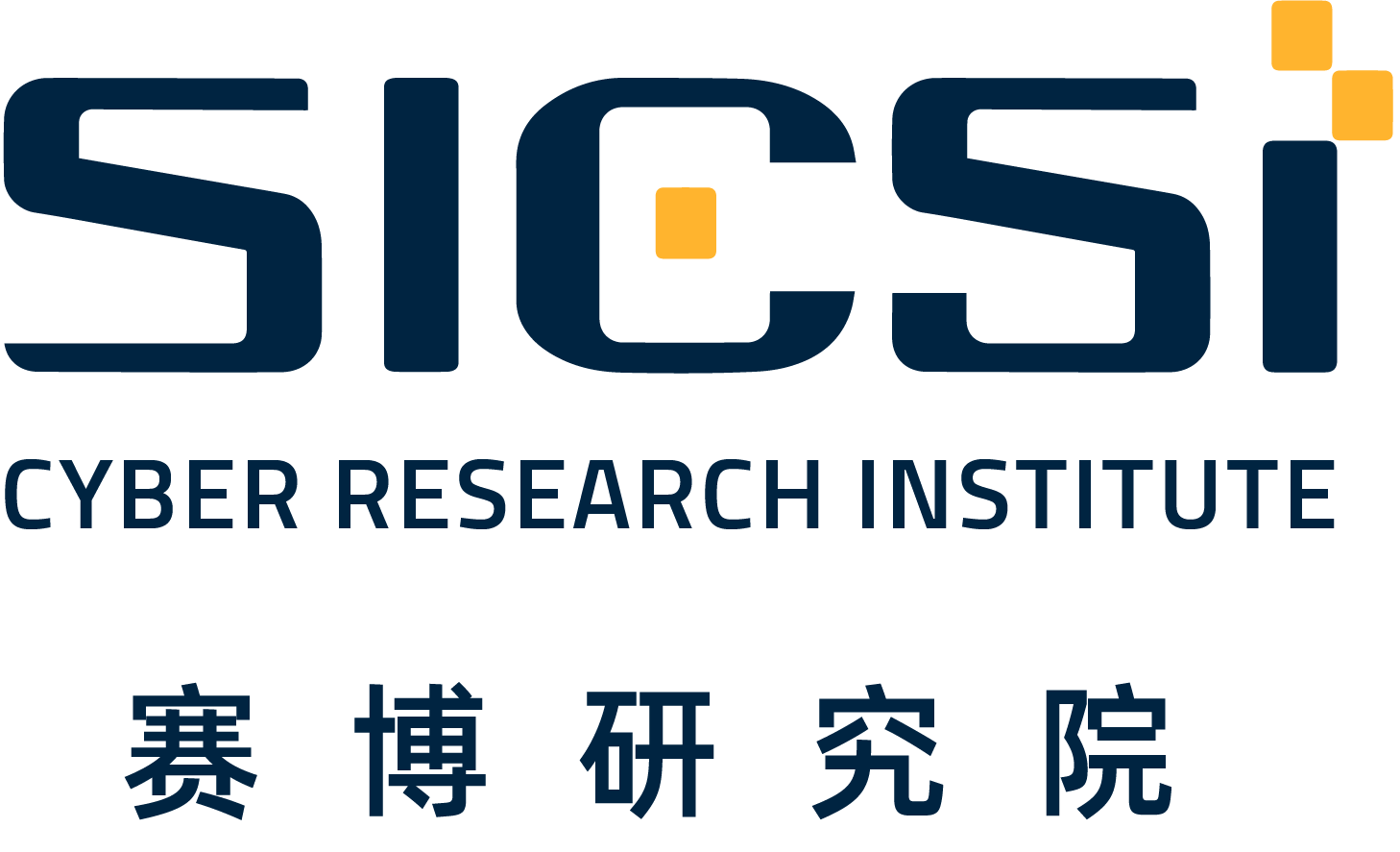
Shanghai Institute of Cyberspace Security Industry Asia-Pacific Economic Cooperation
Shanghai Institute of Cyberspace Security Industry (SICSI) is a non government organization, focusing on data governance, data security compliance and digital economy industry research in China. It grows to a leading research and advisory institute of data security/cyber security in Shanghai, and also have provided consultant services for dozens of MNCs as its expertise in China control environment. SICSI provides enterprise services in four dimensions: strategic research, personnel capacity, compliance consulting, and technical solutions, in order to comprehensively, continuously, and efficiently improve the data compliance and governance capabilities of various enterprises, help customers adapt to the complex regulatory environment of domestic and international data security compliance, and escort the digital transformation and globalization operations of various enterprises.

Shanghai Smart City Development Institute
Shanghai Smart City Development Research Institute is a comprehensive think tank in the field of smart cities. The institute is dedicated to providing strategic research, top-level design, planning solutions, standard evaluations, industry studies, cooperation exchanges, and talent training in areas such as smart cities, digital economy, and digital transformation. It serves as the leading unit for the Digital Infrastructure Standards Group of the Shanghai Information Standardization Technical Committee and a governing unit of the Shanghai Digital Commerce Association. The institute has published several works, including the “Smart City Evaluation Index System,” “Bridging the Digital Divide,” and “Shencheng on Digitalization—Outstanding Cases of Shanghai’s Digital Transformation.” With a focus on Shanghai, a national and global vision, the institute aims to aggregate industry wisdom and promote the digital transformation of cities, striving to become a major platform in the smart city and urban digital transformation fields.
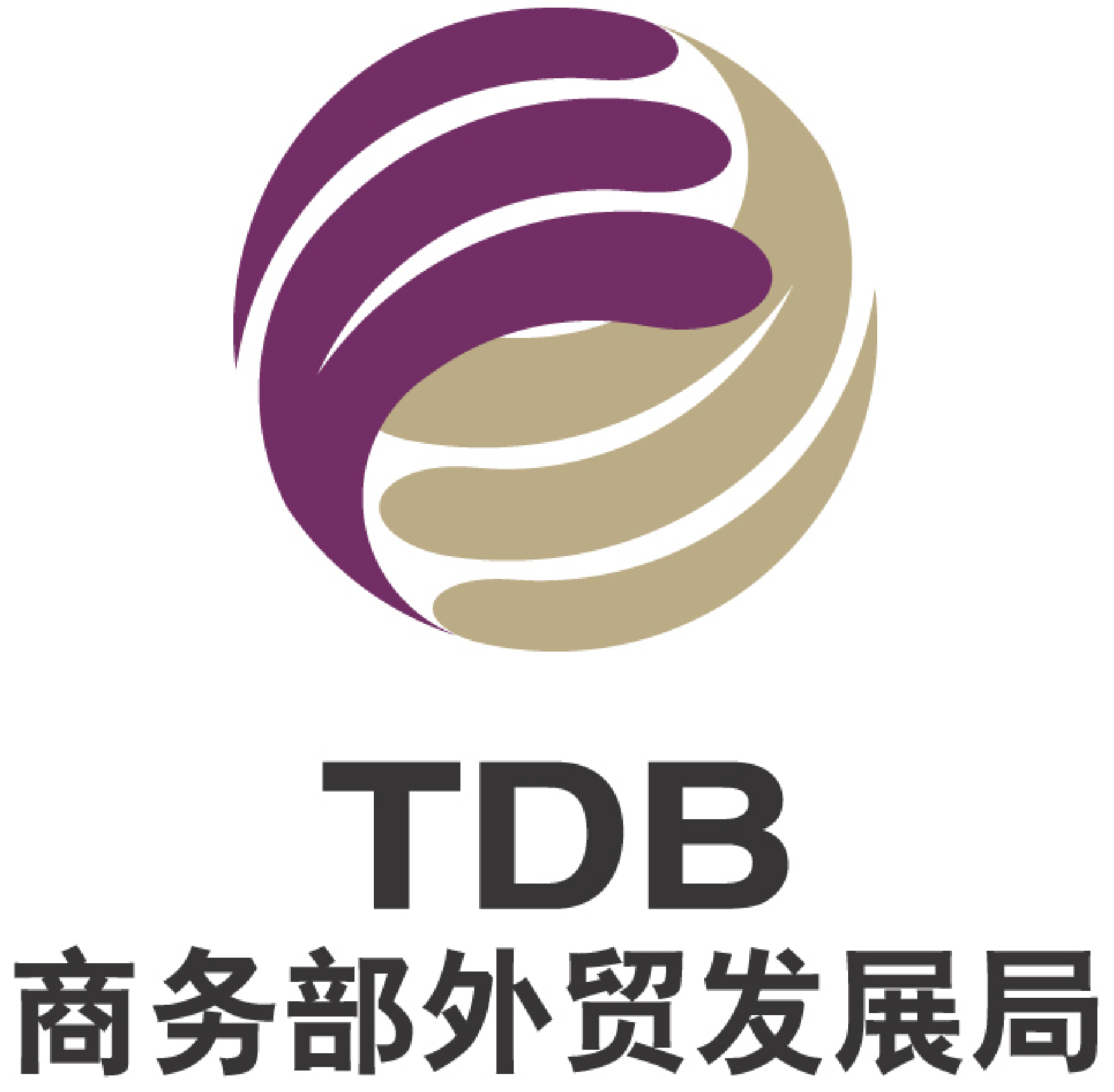
TDB
The Trade Development Bureau(TDB) of the Ministry of Commerce is an official policy implementation and trade promotion agency directly under the Ministry of Commerce of the P. R. China.Established in 2003, TDB seeks to fully implement national trade policies, provide public services related to foreign trade development, and promote exchanges and communications between Chinese and overseas companies, through organizing economic and trade seminars, conferences, exhibitions, business trainings, and export & import promotion events.Trade Promotion is a crucial means to boost high-quality trade development, as well as an important approach to transfer China from a trader of quantity into a trader of quality. TDB will keep in mind China's new development stage, stress full, accurate and comprehensive implementation of the new development philosophy, support the new development dynamic, create various modes of trade promotion, build effective and efficient platforms for enterprises, with the aim of facilitating high-quality and innovative development of foreign trade, and accelerating the economic flows both domestically and internationally.

UN-Habitat
The United Nations Human Settlements Programme (UN-Habitat) is the United Nations agency responsible for urban affairs, dedicated to realizing a better urban future. Currently, UN-Habitat operates in over 90 countries worldwide. Its mission, as authorized by United Nations General Assembly resolutions, is to promote sustainable development of cities and human settlements. Since its establishment in 1978, UN-Habitat has been responsible for advancing the development of cities and human settlements and is the leading agency responsible for implementing the United Nations Sustainable Development Goal 11: Sustainable Cities and Communities and the New Urban Agenda.

World Bank Group
With 189 member countries, staff from more than 170 countries, and offices in over 130 locations, the World Bank Group is a unique global partnership: five institutions working for sustainable solutions that reduce poverty and build shared prosperity in developing countries.Our vision is to create a world free of poverty on a livable planet.Our mission is to end extreme poverty and boost shared prosperity on a livable planet. This is threatened by multiple, intertwined crises. Time is of the essence. We need to write a new playbook to drive impactful development that is:Inclusive of everyone, including women and young people;Resilient to shocks, including against climate and biodiversity crises, pandemics and fragility;Sustainable, through growth and job creation, human development, fiscal and debt management, food security and access to clean air, water, and affordable energy. To achieve this, we will work with all clients as one World Bank Group, in close partnership with other multilateral institutions, the private sector, and civil society.
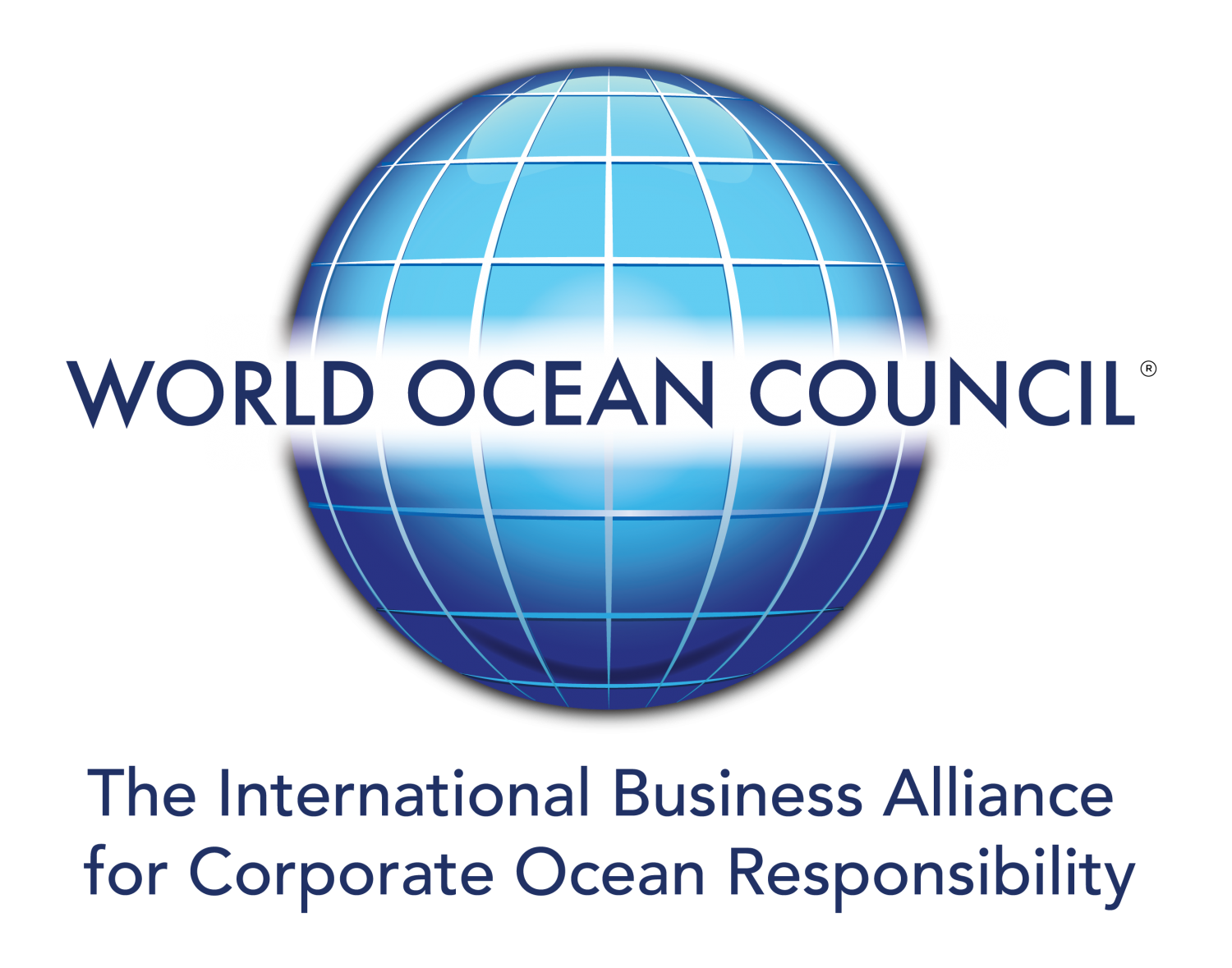
World Ocean Council
The World Ocean Council (WOC) is a global, cross-sectoral ocean industry leadership alliance committed to “Corporate Ocean Responsibility”, developed by and for the private sector, with a unique and multi-sectoral approach to address cross-cutting issues affecting ocean sustainable development, science and stewardship of the seas.The WOC believes that responsible and coordinated Ocean Business Community efforts are essential to a healthy and productive global ocean and its sustainable use, development and stewardship by a responsible Ocean Business Community.To this end, the WOC engages and brings together leaders from the various ocean industries, including shipping, oil and gas, fisheries, aquaculture, tourism, renewable energy (wind, wave, tidal), ports, dredging, cables, as well as the maritime legal, financial and insurance communities, and others to collaborate on responsible use of the seas. We ensure that the Ocean Business Community’s role in ocean sustainable development is understood by all relevant stakeholders (decision makers, policy makers, intergovernmental bodies etc.).The WOC is growing steadily, as an increasing number and range of ocean industry companies from around the world are distinguishing themselves as leaders in “Corporate Ocean Responsibility” by joining the WOC. More broadly, the continually expanding global WOC network includes 35,000+ ocean industry and media stakeholders around the world.

WUPEN
IKCEST-iCityWUPEN (World Urban Planning Education Network) is an international educational association composed of top planning and design institutions worldwide. Based on continuous innovation in urban design education, its website WUPEN and the CBDB World City Database form an intelligent platform for global urban innovation and design education practice. WUPEN supports platforms such as UNESCO’s iCity (Smart City Online Platform by the Chinese Academy of Engineering), GPEAN, the English GUIHUA Journal, the Global Green Campus website, and the Yangtze River Delta Smart Planning Platform, promoting a smarter society through the interaction of the physical, social, and digital worlds for a better, smarter life.
GLOBAL PARTNER

Dahua Technology
Dahua Technology is a world-leading video-centric AIoT solution and service provider. The company has more than 23,000 employees, with over 50% of R&D technicians. With a global marketing and service network, Dahua has deployed its products, solutions, and services in 180+ countries and regions, covering transportation, manufacturing, education, retail, banking & finance, energy, environmental protection and various industries. To facilitate the digital-intelligent innovation and transformation of cities and enterprises, the company has upgraded its Dahua Think# 2.0 corporate strategy from "Intelligence" to "Integrated Intelligence", committed to enabling a smarter society and better living.
INDUSTRY PARTNER

Guangzhou Digital Technology Group Co., Ltd.
Guangzhou Digital Technology Group is a state-owned enterprise group with artificial intelligence and digital economy as its core business, headquartered in the CBD of Zhujiang New Town, Guangzhou, with a history that can be traced back to the state-owned Guangzhou Radio Service and Maintenance Factory established in 1956 and the Guangzhou Radio Group established in 1995.The Group has been deeply engaged in the field of electronic information for nearly 70 years, and has been ranked among the top 100 in China's electronic information industry for 38 consecutive years, and is the first state-owned capital investment company in Guangzhou, and the “dual-chain master” of Guangzhou's artificial intelligence, software and Information technology application innovation industries. Since 2018, the Group has been continuously selected into the list of "Double Hundred Actions" for the reform of state-owned enterprises by the State-owned Assets Supervision and Administration Commission of the State Council, and has been awarded the highest "benchmark" level in 2024.With the strategic goal of “Being a leading data-driven enterprise by leveraging our comprehensive ecosystem”, the group relies on the self-developed aiCore System artificial intelligence big data platform to comprehensively expand the five digital elements of "Communication, Algorithm, Computing Power, Data and Scenarios", and create multiple business sectors such as industry artificial intelligence, wireless communication and navigation, measurement and testing services, modern city services, intelligent command and dispatch, data element development, smart city innovation, strategic investment incubation, industrial park construction and operation, providing technologies and products for more than 120 countries and regions around the world.The Group adheres to the two-wheel drive of "industry + capital", and its R&D investment has accounted for more than 10% of the operating income of the same caliber for many years, and its main operating indicators have maintained steady growth. Its main members include over 200 companies such as GRG Banking, Haige Communications, GRG Metrology & Test, GHT China, Guangzhou Data Group,Guangzhou Digital Health, Guangzhou Digital Technology Investment,GRG Hi-tech Park Investment, Guangzhou Information Investment, Guangzhou Low-altitude, GRG Cloud Chain, Digital Technology Talent etc, and holds 5 A-share listed companies. It has 3 National Technological Innovation Demonstration Enterprises, 80 High-Tech Enterprises, and a full range of high-end scientific research platforms such as an International Science and Technology Cooperation Base, a National Enterprise Technology Center, Academician Workstations, and Postdoctoral Research Workstations.It also undertakes the construction of the Digital Guangzhou Innovation Laboratory and the Guangzhou Artificial Intelligence Public Computing Power Center. As of December 2024, the group has won 65 national, provincial and municipal science and technology progress awards, and has been granted 4,056 patents, 2,663 software Copyrights and 6,864 intellectual property rights.Rooted in the Greater Bay Area, facing the future. Guangzhou Digital Technology Group will comprehensively benchmark against the world's first-class, focus on the development direction of digital economy and new quality productive forces, build a new ecology of digital economy such as artificial intelligence AI+, Beidou+, and Data Element×, empower the digital transformation of thousands of industries, and strive to be a leading data-driven enterprise by leveraging our comprehensive ecosystem.

China Telecommunications Corporation Limited
China Telecommunications Corporation Limited is a mega-sized communications and operations enterprise in China, consistently ranked among the Fortune Global 500 for multiple consecutive years. Its portfolio includes listed entities such as China Telecom Co., Ltd., China Communications Services Corporation Limited, as well as nationwide telecom branches, subsidiaries like China Telecom Satellite Company, eCloud, Tianyi Security, and other affiliated institutions.China Telecom resolutely fulfills its mission to build a cyberpower and digital China, safeguard cybersecurity and informatization, and persistently advances its Cloud-Network Transformation Strategy. Leveraging its strengths in cloud-network integration and localized services, the company drives industries across sectors—including government affairs, healthcare, education, industry, public security, urban development, culture, emergency response, and more—to embrace cloud adoption, data utilization, and AI empowerment through its "Network + Cloud Computing + AI Applications" framework. It delivers comprehensive information services encompassing foundational communications, cloud, network, data, intelligence, security, quantum technology, and digital platforms, accelerating the development of new quality productive forces. China Telecom is committed to building a service-oriented, technology-driven, and security-focused enterprise, striving to pioneer a new chapter of telecom modernization with Chinese characteristics.China Telecom Guangzhou Branch, the second-largest municipal branch under China Telecom, serves as one of the nation’s three major international and internet gateways, holding pivotal status in China’s communications network. In 2024, its annual operating revenue reached nearly RMB 13.9 billion, ranking second within the group, while its customer base expanded to 14.39 million.As the cornerstone of informatization development in South China, China Telecom Guangzhou Branch embraces its mission to strengthen national cyber capabilities, build a world-class enterprise, and create a better life. It actively shoulders responsibilities, enhances technological innovation, and safeguards cybersecurity. The branch boasts a premium communications network characterized by high bandwidth, full coverage, security, advanced technology, and diverse services. It leads the province in terms of telecom facility density, backbone network length, network scale, and intelligent computing capacity (supporting thousands of AI accelerator cards). With over 6.2 million fiber-optic ports and 99.9% fiber-to-the-home coverage, it operates more than 27,000 5G base stations, accelerating 5G innovation and setting industry benchmarks in verticals such as government, industry, finance, transportation, healthcare, media live-streaming, and education.In recent years, China Telecom Guangzhou Branch has achieved remarkable accolades, including the National May 1st Labor Certificate, National Civilized Unit, Advanced Primary-Level Party Organization of Central State-Owned Enterprises, National Excellence Award for Corporate Culture Development, First Prize in China Telecom’s Transformation Progress, Outstanding Collective for Guangzhou Asian Games & Para Games, Guangdong Provincial Model Unit for Open Enterprise Affairs, and National Advanced Unit for Customer Satisfaction Initiatives, among others.
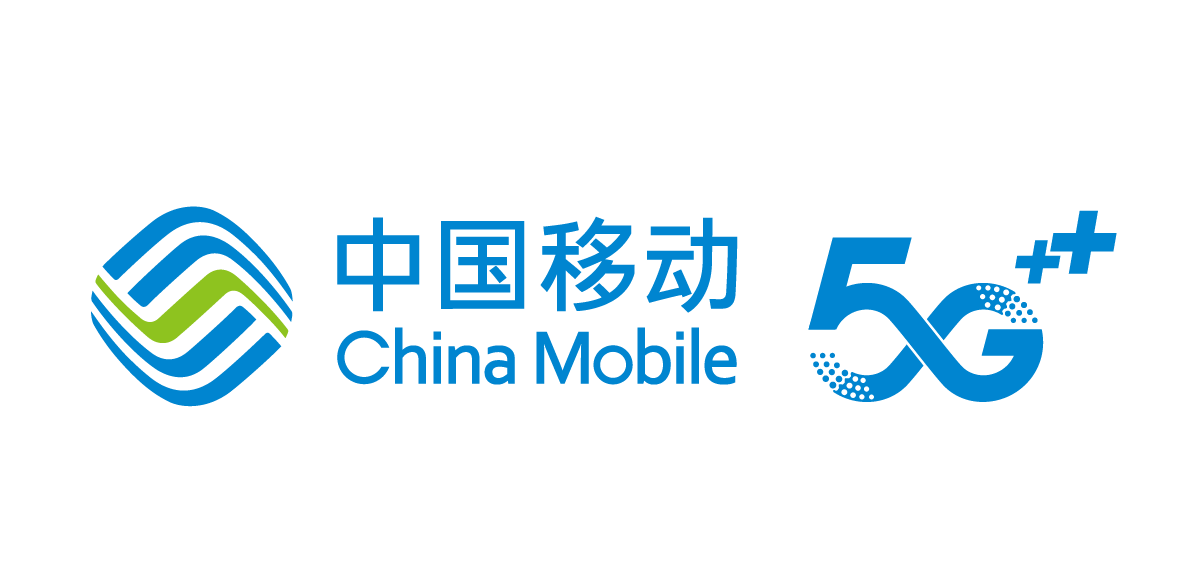
China Council for the Promotion of International Trade Shanghai Pudong Sub‑Council

China United Network Communications Group Co., Ltd.
China United Network Communications Group Co., Ltd. (hereinafter referred to as "China Unicom") has branches in 31 provinces (autonomous regions and municipalities) across China and in various coun tries and regions abroad. It boasts a modern communication network covering the entire country and rea ching the world, along with a global customer service system. Ranking 269th in the 2025 Fortune Global 500, China Unicom serves as a fundamental communication enterprise supporting government, military systems, various sectors, and the public. It plays a basic, pillar, strategic, and leading role in the national economy, characterized by its technology-intensive nature, comprehensive network coverage, scale eco nomy, and its role in serving the economy, society, and the wellbeing of the people.China Unicom is committed to the development of network and information industry and fulfilling the mission of a state-owned enterprise. It aims to enhance its core functions and competitive edge compreh ensively to better serve the state's cyber strength and digital China campaign, ensure national network and information security, and act as the national team for digital information operation services and the vanguard in digital technology integration and innovation. It fully leverages its role in technological innovat ion, industrial control, and security support. To become a globally competitive world-class technology service enterprise, China Unicom is steadfa st in advancing its two main businesses: unified communications and computing-powered digital intellige nce. It is dedicated to building an industry-leading, intelligent and comprehensive digital information infras tructure. This effort is to ensure the smooth flow of the "main artery" of information for economic and soc ial development and to establish a new digital foundation. With technology leadership and high integration, China Unicom's "comprehensive coverage, fully-online presence, cloud-based, green, and one-stop" digi tal services help various sectors to "embrace cloud computing, utilize data, and empower intelligence." Th is initiative promotes the development of the digital economy and the upgrade of information consumptio n, effectively enhancing the satisfaction and sense of gain of the users towards information and commun ication services, and allowing the whole society to further share the new achievements of information and communication development.
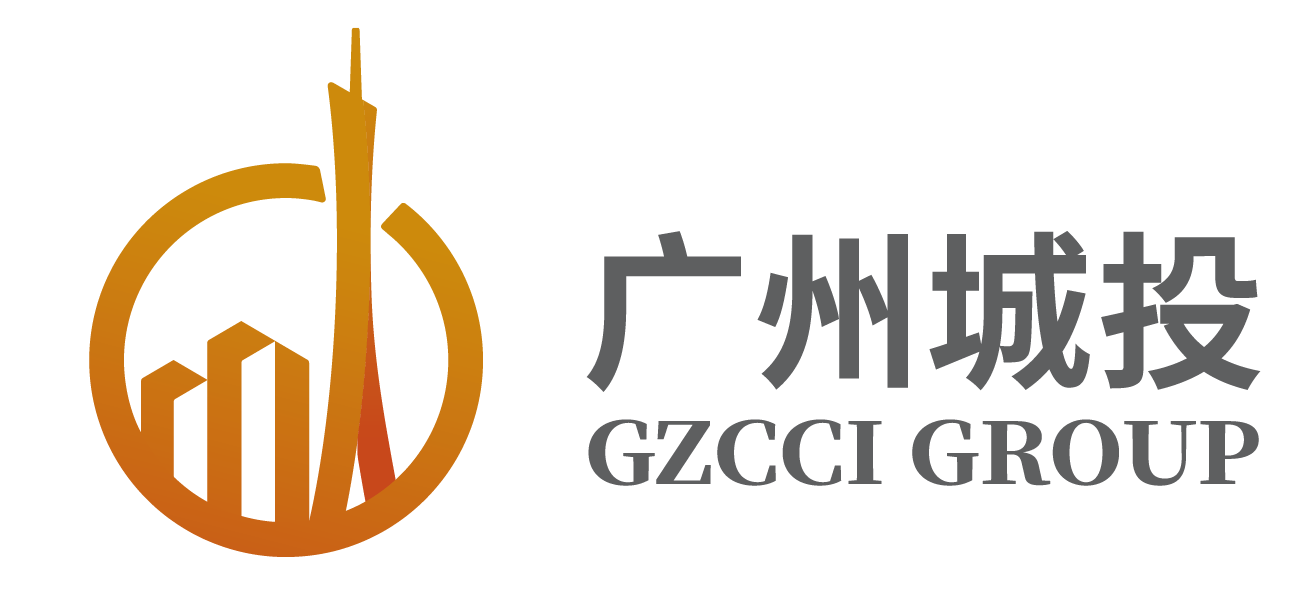
Guangzhou City Construction Investment Group
Established in 2008, Guangzhou City ConstructionInvestment Group (GZCCI) is a prominent state-ownedenterprise engaged in urban infrastructure investment, financing,construction, operation and management. The Group offerscomprehensive district development solutions spanning thewhole industrial chain, from integrated construction tohigh-quality operation. GZCCI holds controlling interests in twopublicly listed companies: Guangzhou Restaurant and PearlRiver Piano. It is also an important strategic investor in severalcentral enterprises, including China Southern Airlines and ChinaGuangfa Bank.GZCCI positions itself as a “A Top-Tier Smart CityIntegrated Service Provider in China” and implements the“1248” development strategy. Functioning as a state-ownedcapital investment and operation company, it prioritizes itscapacities to serve the full-chain operation of majorinfrastructures and the full-cycle operation of key industries.GZCCI operates primarily in four business areas: urbanconstruction services; culture, commerce,tourism & sports; newinfrastructure construction; and capital market investment. Witha dedicated focus on new urban construction, new consumption,new energy, new materials, new capital and new mechanisms,GZCCI expedites the development, centralization and utilizationof new quality productive forces, elevating its high-qualitydevelopment to a new height. Spearheading fresh initiatives forfurther successes, GZCCI has made significant contributionsand demonstrated its constructive role in making Guangzhou anexample of Chinese modernization.

Huawei Technologies Co., Ltd.
Founded in 1987, Huawei is a leading global provider of information and communications technology (ICT) infrastructure and smart devices. We have approximately 208,000 employees and we operate in over 170 countries and regions, serving more than three billion people around the world. We are committed to bringing digital to every person, home and organization for a fully connected, intelligent world.
EVENT PARTNER
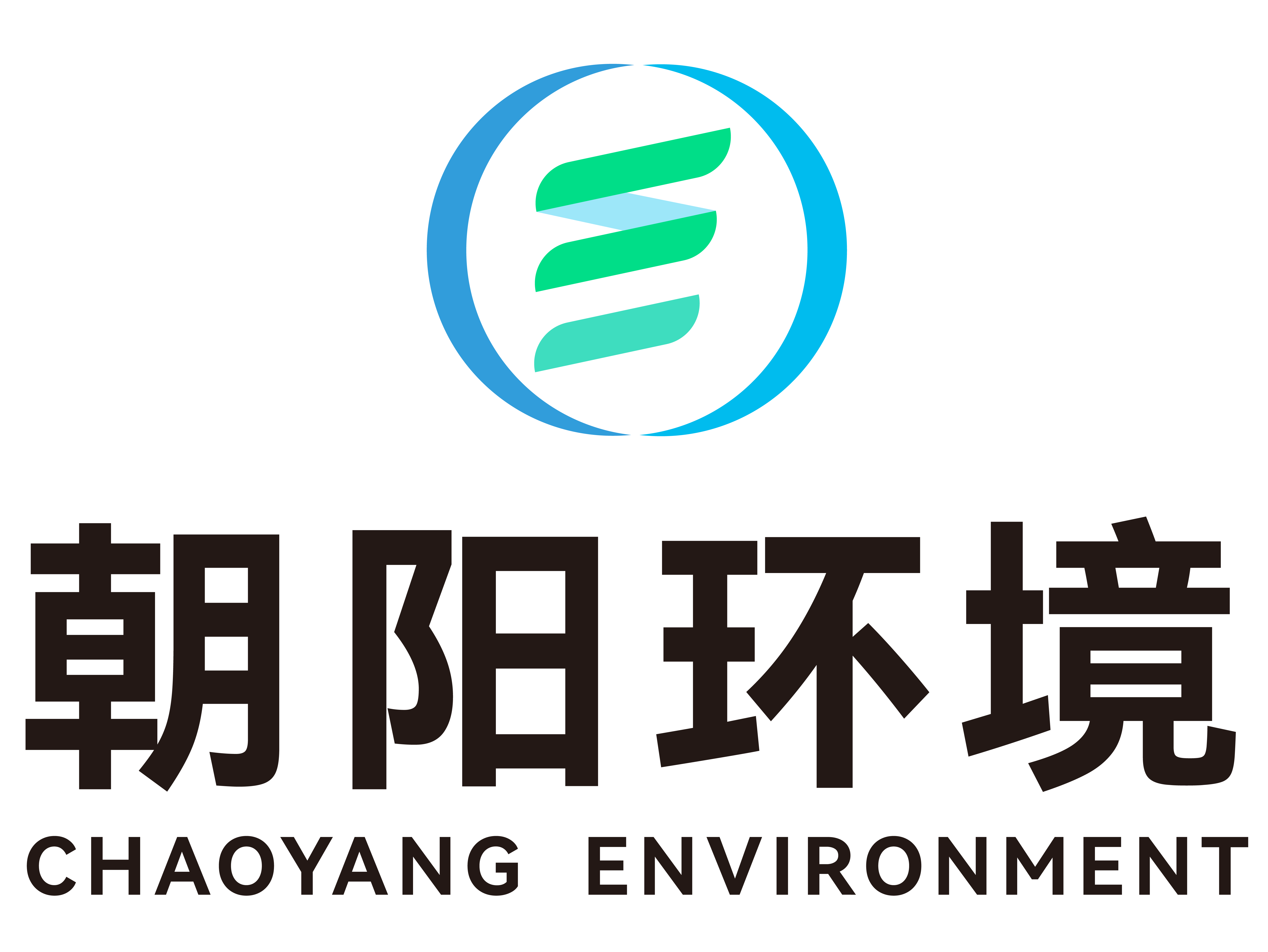
Beijing Chaoyang Environment Group Co., Ltd.
Beijing Chaoyang Environment Group Co., Ltd. is located in Chaoyang District, Beijing, with a land area of nearly 3 square kilometers. It is the only market-based operation enterprise in Chaoyang District, Beijing, specializing in solid waste treatment and resource recycling. Its business covers urban household garbage, kitchen/catering waste, hazardous waste, construction/renovation waste, medical waste treatment, recycling of renewable resources, operation of environmental protection facilities, technology development and promotion, etc.It has extensive experience in planning and constructing, technology researching and developing, project investing and constructing, operating and managing of urban waste park collaborative treatment, as well as rich experience in publicity and education of low-carbon development concept, (as of the end of August 2025) it has 47 national invention patents, 21 practical new patents, 7 software copyrights, and 1 registered trademark.It is a national high-tech enterprise,Postdoctoral Research Station and has won over 100 national and provincial and ministerial level awards, including the National Education Demonstration Base for Circular Economy, the first batch of collaborative innovation trials for pollution and carbon reduction in industrial parks, National Resource Recycling Base Construction Unit, National Environmental Science Popularization Base, National Demonstration Base for Publicity and Education of Household Waste Classification, National Top Ten Environmental Protection Facilities Open Units, National Green and Low-carbon Technology Demonstration Project, China's First Low-carbon (Zero-carbon) Environmental Industrial Park Pilot Unit.It innovatively put forward the concept of collaborative treatment of urban waste park. The Beijing Chaoyang Circular Economy Industrial Park has taken the lead in realizing the coordinated treatment of multi-source, multi-type and large-scale urban waste nationwide, the daily disposal capacity of all kinds of waste exceeds 8000 tons, comprehensive carbon emission of the park is close to zero.The Beijing Chaoyang Model for Integrated and Collaborative Urban Waste Management in Industrial Parks was formally released at the ISWA 2024 Annual Conference and has since been globally promoted as a best practice case study through ISWA's official platform.It has built a clean incineration center which listed as the only national clean incineration standard case, Beijing's largest Catering Waste treatment plant, Beijing’s largest Household Food Waste treatment plant,Beijing's earliest fully closed fixed construction waste treatment plant, Beijing’s first medical waste treatment plant and material recycling center. Now it is constructing household waste incineration phase III, comprehensive utilization of biogas, comprehensive development of new energy and a number of collaborative innovative projects to reduce pollution and carbon.In alignment with China's Dual-Carbon Strategy, Chaoyang Environment Group is committed to driving industrial transformation through cutting-edge technology innovations while fostering an industrial ecosystem rooted in conceptual innovation. Guided by a vision that harmonizes Chaoyang's regional identity, Beijing's cultural heritage, and a global outlook, it is poised to become a nationally leading ecological and environmental protection enterprise. By integrating advanced green technologies with sustainable development philosophies, it aims to pioneer a new paradigm of ecological governance that sets benchmarks for the industry while contributing to the global climate agenda.

Virtual Point
Beijing Virtual Point Technology Co., Ltd. was founded in 2017 as a wholly-owned subsidiary of the LYD Group, with its headquarters in Beijing and a research and development center in North America.Virtual Dynamics takes AI-enabled strategy, building a "one-body-three-core" development strategy centered on spatial computing, with AI large models, hardware devices, and spatial data as its three core pillars. The company has developed multiple algorithms for spatial computing, including optical computing, inertial computing, and markerless point recognition, and owns self-developed OptiTrack motion capture system and LYDIA professional capability large model. It has achieved applications in human and object spatial computing scenarios, including body, gesture, facial expression, and volumetric area, position relationship, and shape size, forming nine major industry solutions, including film and television, education, industry, games, sports, and cultural arts, as well as dozens of scenario applications such as virtual shooting, industrial simulation, digital human interaction, remote medical care, e-commerce live broadcasting, and sports rehabilitation.Virtual Dynamics has successively partnered with renowned universities such as Tsinghua University, Peking University, and Renmin University of China for joint research and development, and has established strategic cooperation with leading enterprises such as Huawei, JD Technology, Alibaba Entertainment, Iflytek, and Softbank Robotics. The company has been awarded honors such as "High-Tech Enterprise", "Zhongguancun High-Tech Enterprise", "Beijing SME with Specialized, Fined, Pioneering, and Innovative Features", and "Beijing Innovative SME", and has initiated the "Beijing Metaverse Innovation Center" and "National Virtual Reality Innovation Center (Qingdao)". The company has been repeatedly selected as one of the "Top 50 VR Enterprises in China" (4th in 2023) and has won numerous honors, including the "Huawei MetaStudio Technology Leader", "Science Fiction Star Award", and "Metaverse Potential Enterprise".
TRANSPORTATION PARTNER
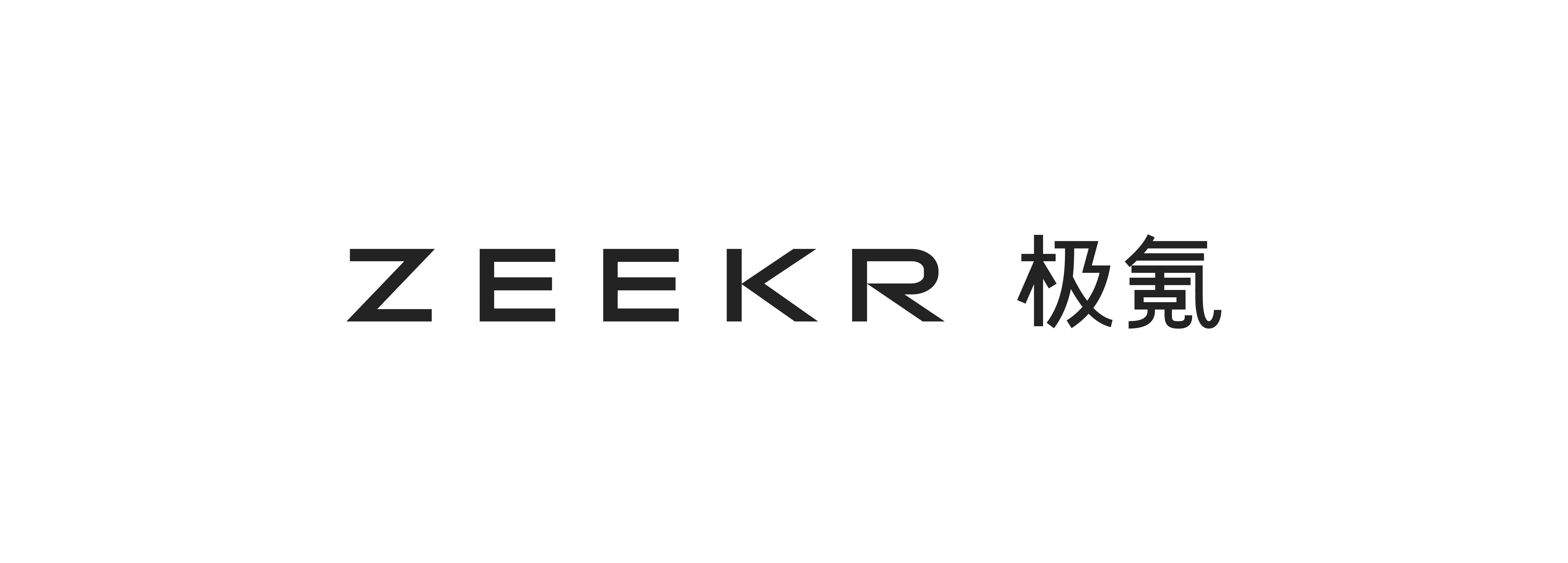
ZEEKR 009
The ZEEKR 009, a luxury flagship MPV, offers a range of luxurious seating options, including a six-seat executive version, a seven-seat aisle version, and a four-seat ultra-luxury flagship 009 in both Grand and Grand Collector’s Edition. Not only does it set new benchmarks in design, safety, luxury, performance, and intelligence for luxury MPVs, but it also redefines the concept of luxury MPVs from the user’s perspective, leading the large luxury car segment into the era of intelligent electric vehicles. From high-voltage systems, core powertrain components, and performance handling to ZEEKR’s safety, luxury, and intelligent experience, it represents a comprehensive upgrade.The four-seat ultra-luxury flagship ZEEKR 009 Grand is designed to meet high-end travel needs, crafted to the standards of top luxury brands, earning it the title of “Rolls-Royce of MPVs.” It is fully equipped, serving as the most efficient travel tool, the safest private space, and a delightful sensory experience, demonstrating that in the era of intelligent electric vehicles, Chinese brands can create even more competitive top-tier luxury products.With its strong product and brand power, the ZEEKR 009 has not only won the hearts of users but has also become the official designated vehicle for numerous international forums, top-tier events, and important summits. It has been the official vehicle for events such as the Hangzhou Asian Games, the Harbin Asian Winter Games, and the World Artificial Intelligence Conference, among nearly a hundred major international events and summits. This has ended the monopoly of imported and joint-venture brands at international summits, making the ZEEKR 009 a standard at international summits.The ZEEKR 009 has topped the sales charts for MPVs priced over 400,000 RMB in China from January to July this year, as well as the sales charts for electric vehicles priced over 400,000 RMB. It is also the top-selling MPV in Hong Kong and the best-selling luxury electric MPV in Thailand and Malaysia. The ZEEKR 009 has become the preferred choice for global business leaders, ushering in the era of the 009 in the luxury MPV segment.
LANGUAGE SERVICES PARTNER
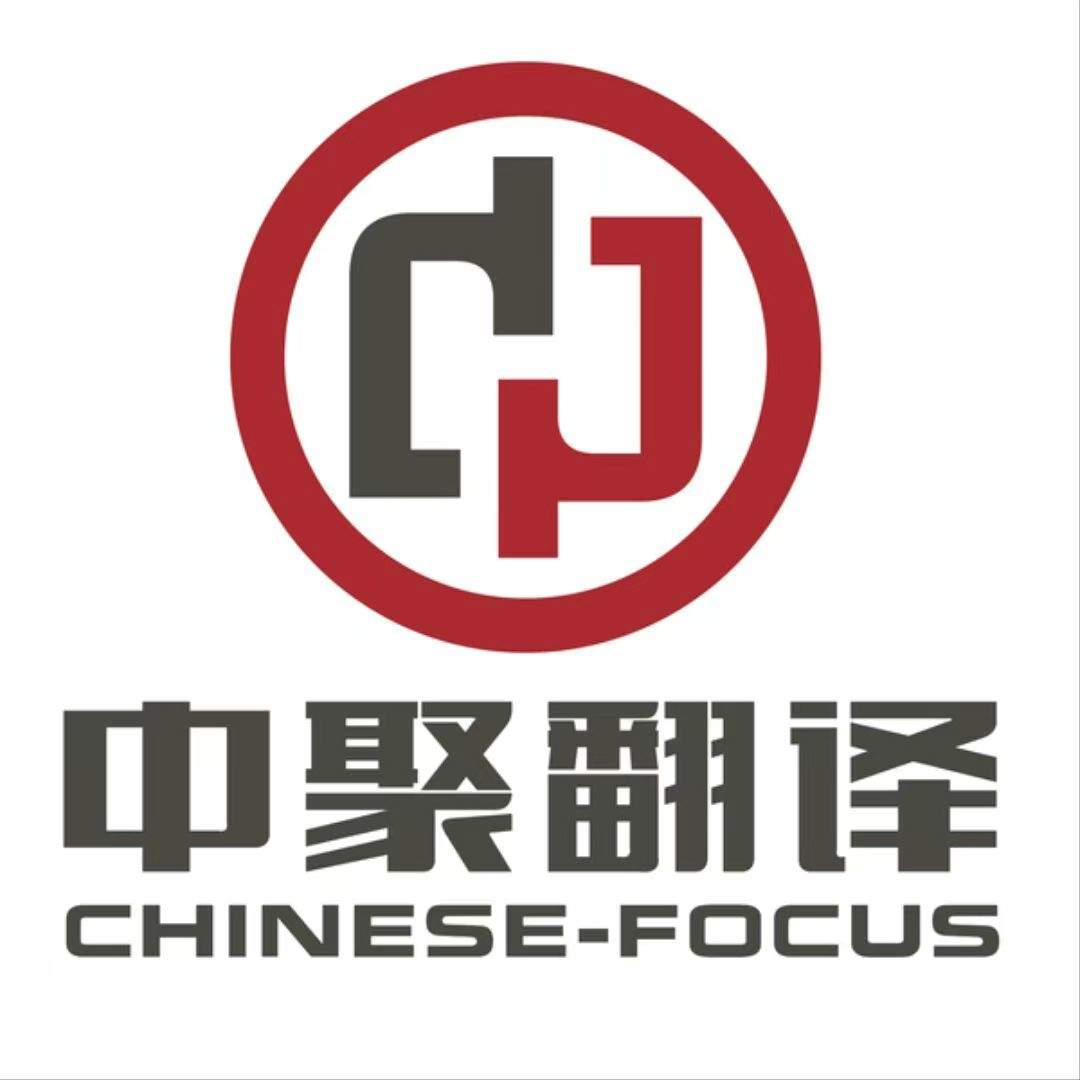
Chinese Focus Translation Co., Ltd.
Chinese Focus Translation Co., Ltd. (Chinese Focus) specializes in translation services, language consulting, and technical training in more than 60 languages. Exceeding industry standards, our services cater to domestic and international government agencies, international organizations, and major enterprises. Our professional fields include government affairs, law, finance, culture, education, and technology.Chinese Focus boasts robust industry qualifications and is a member of the China Translators Association, the Beijing Translators Association, and the American Translators Association. We are certified under the ISO 17100:2005 translation management system.Our team includes 6 senior translation reviewers, 12 deputy senior translation reviewers, 26 native-speaking editors, 255 CATTI Level 1 and 2 certified translators, and 246 top international interpreters.In the field of government-related translation, we have established long-term partnerships with numerous government agencies, including the Foreign Affairs Office of the Beijing Municipal People’s Government, the Beijing Higher People’s Court, and the Beijing Municipal Commercial Bureau, and many more.For major international conferences and events, Chinese Focus provides simultaneous and consecutive interpretation services in over 30 languages. We ensure the smooth execution of approximately 420 international conventions annually, making significant contributions to political, economic, and cultural exchanges between China and the world.
MEDIA PARTNER

36Kr
36Kr is a new economy service group under the banner of media. With the mission of long-term reporting, serving and accompanying China's new economy participants and improving China's business efficiency, 36KR accelerates the full flow of the four elements of information, talent, capital and technology by connecting the six communities of start-ups, Internet giants, traditional brands, investment institutions, local governments and users. 36KR provides diversified services covering the whole life cycle of enterprises, including investment, PR exposure, financing and listing counseling, market value and brand management, customer acquisition, consultation and solutions, government docking, and enterprise going overseas. In the 13 years since its inception, 36kR has tracked more than 100,000 start-ups, some of which have grown into business engines that are leading the industry leap and driving new economic growth. 36kR has participated in every key point in the development of China's new economy, including publishing the first reports of industry leaders such as Toutiao, Didi, Ele. me, and exclusive reports on the important moves of former Baidu President Lu Qi joining China's YC and other business leaders. After 13 years of precipitation, 36kR continues to expand its boundaries, gradually transforming from production and transmission of information to providing corporate services, aiming to further promote social innovation and promote business civilization with its own influence.
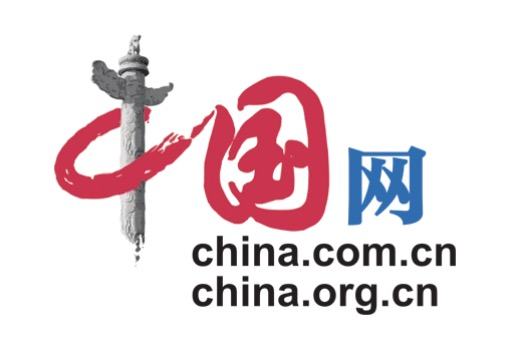
China.org.cn
China.org.cn is a national key news website under the leadership of The State Council Information Office and managed by the China Foreign Languages Publishing and Distribution Bureau. Since its establishment in 2000, China has been publishing information 24 hours a day in 11 languages in 10 languages, including Chinese, English, French, Spanish, German, Japanese, Russian, Afghan, Korean and Esperanto, and has visited more than 200 countries and regions around the world, becoming an important window for China's international communication and information exchange. China.org.cn is one of the key national news websites, with the right of independent news gathering, editing, reporting and publishing. It is the designated network reporting and live broadcasting media for major national events, press conferences of major ministries and commissions, and the press center of the National “Two Sessions”, and the exclusive network broadcasting and publishing website for press conferences of The State Council Information Office. It has hundreds of experts and scholars in various fields at home and abroad. Exclusive compilation of various relevant policy interpretations. Guided by news and based on China's national conditions, China.org.cn introduces China to the world in a timely and comprehensive manner in multilingual and multimedia formats through carefully integrated real-time news, detailed background information and exclusive in-depth reports online.
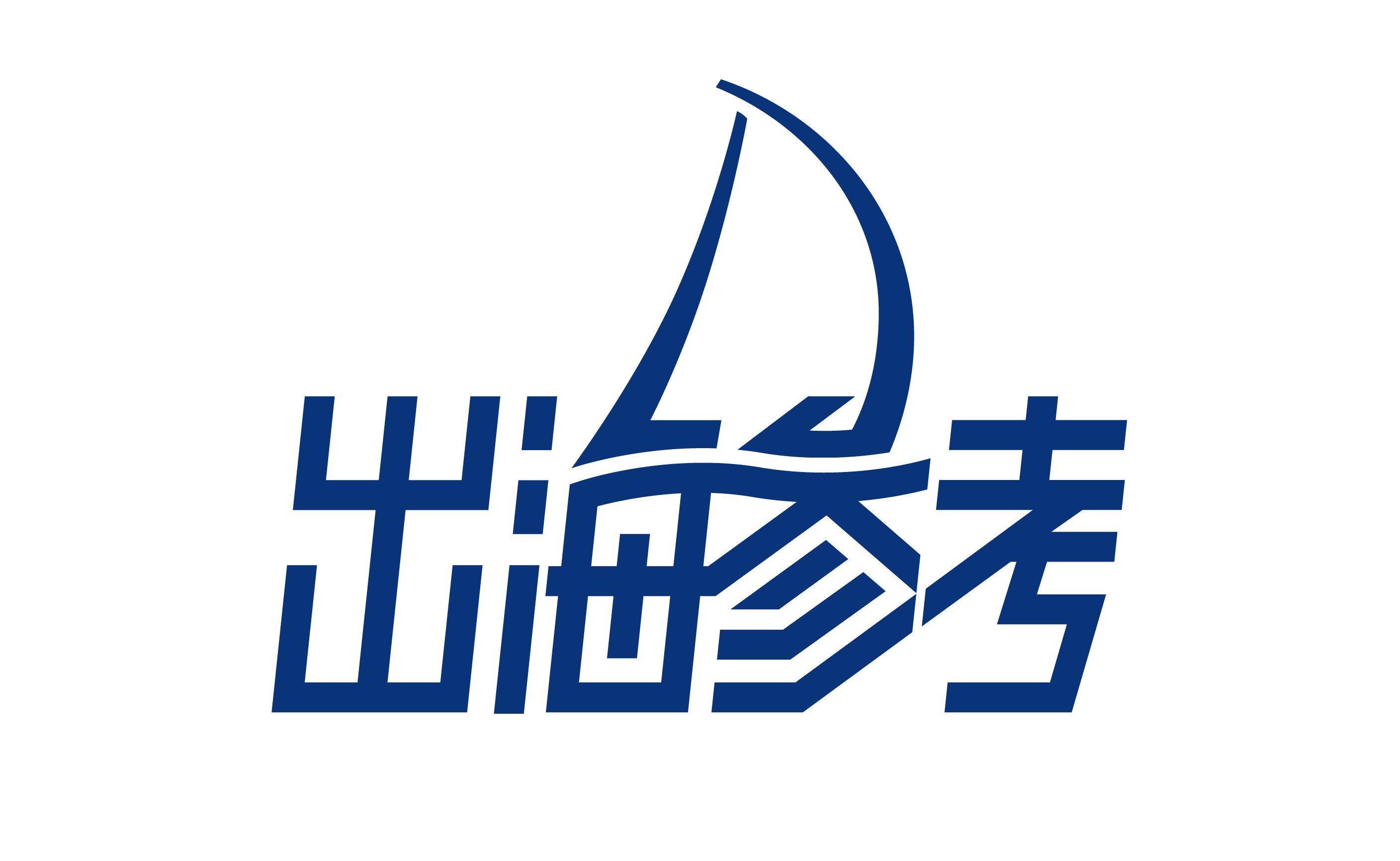
Chuhai Cankao
"Chuhai Cankao" is a subsidiary media brand of TMTPost, focusing on broadcasting and recording the progress of Chinese venturing oversea business and the transformation of global commerce. We are enthusiastic to cater multiple informational products and digital communities for the public. Sailing from the Chinese digital industry, "Chuhai Cankao" is dedicated to serving exclusive assets for transnational New-Gen enterprises during the long-term operation.
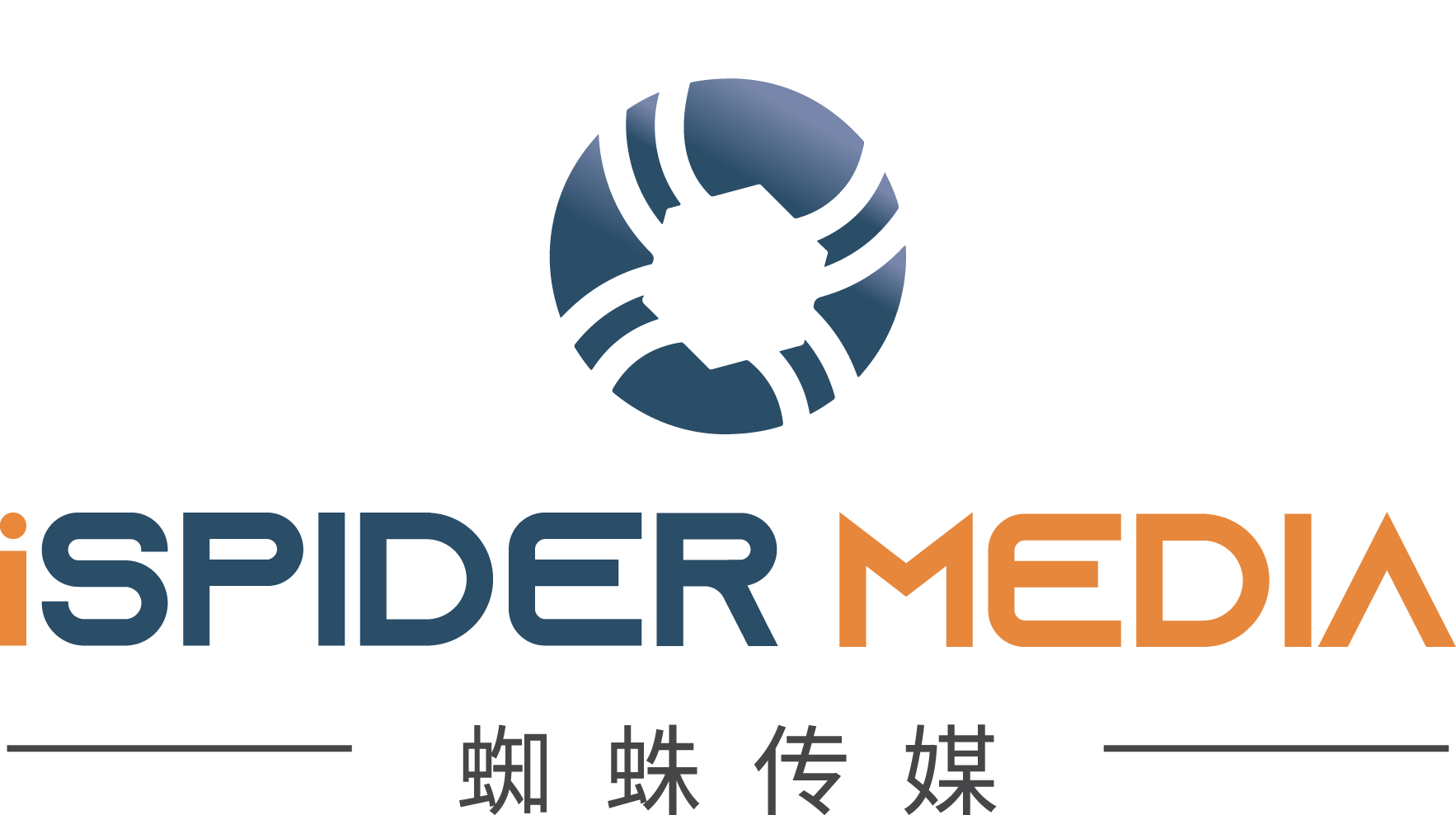
iSpiderMedia
iSpiderMedia is a PR and marketing agency based in multiple Chinese cities. We specialize in outbound & Inbound branding, helping companies and organizations around the world to build brands without borders.
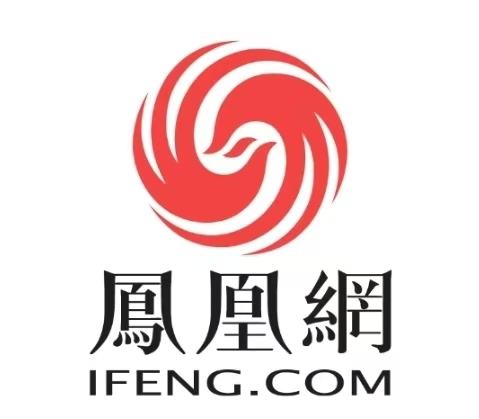
Phoenix News
Phoenix News is a leading cross-platform online new media platform, integrating its comprehensive portal Phoenix News, mobile version, and Phoenix Video into three major platforms. With its unique values and character, it brings the global Chinese community closer together. It pursues the essence of journalistic professionalism, upholding the media's responsibility to defend the people's right to know and to speak, while gaining influence and credibility, and earning social recognition. Phoenix News has a presence on PC, WAP, and mobile platforms, covering over 400 million Chinese-speaking internet users worldwide. Adhering to the media philosophy of "Chinese sentiment, global perspective, inclusiveness, and progressive power," it provides high-quality content and services to global Chinese. The flagship product, the Phoenix News client, maintains industry-leading user numbers and activity levels, consistently ranking as one of the most popular mobile terminal information products among Chinese speakers. Phoenix News has a solid advantage in in-depth reporting on major events, original features, and offline galas, and continues to innovate through precise content recommendation combining algorithms and editorial curation , live streaming, hot topics, and community operations, constantly optimizing the product experience. At the same time, the total number of users across the entire Phoenix network has exceeded 200 million.In addition to its full commitment to media operations, Phoenix News is continuing to expand its investment and operations in content that is youthful, lifestyle-oriented, and localized, continuously strengthening the capacity for live streaming and e-commerce to generate revenue and monetize. It has launched new brands such as Youth BANG, Phoenix Home Products, Phoenix Review, and Phoenix Flying, creating an irreplaceable Phoenix influence in the Chinese-speaking internet world.

PR Newswire
PR Newswire was founded in 1954, pioneering the industry of corporate news release distribution, and became a Cision company in 2016. Over the past 60 years, Metcrop has expanded and established a global network of information release that covers over 170 countries, with tens of thousands of traditional and emerging media outlets. Currently, Metcrop serves more than 70,000 enterprises and organizations worldwide, publishing their latest news, images, and videos in over 40 languages every day, and helping them communicate with target audiences, media, industries, investors, influential people, and the general public. Metcrop's services also enhance clients' brand awareness, build their brands, drive sales, and attract investment.
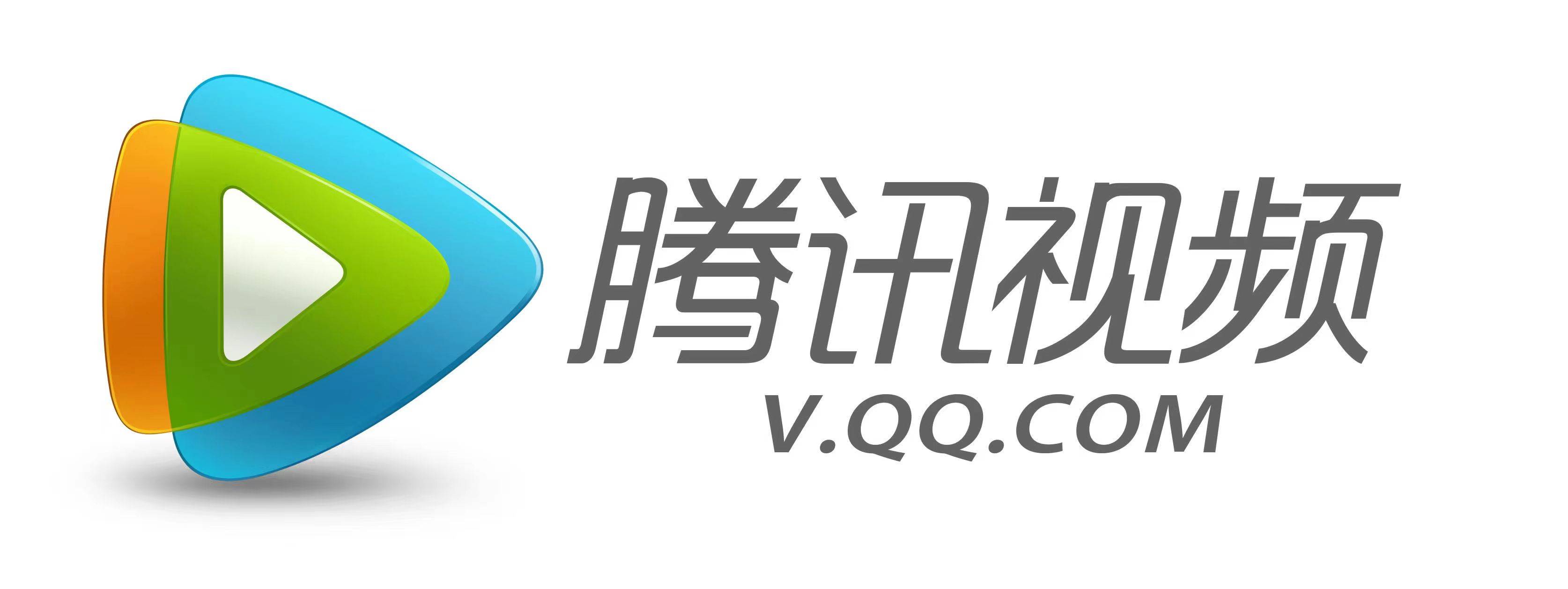
Tencent Video
Launched in April 2011, Tencent Video is an online video platform with popular content and professional media operation capabilities. It is a comprehensive video content platform integrating hot TV, variety entertainment, sports events, news and information. Tencent video APP has 100 million daily active users, and a single page has more than 300,000 page views on the computer side
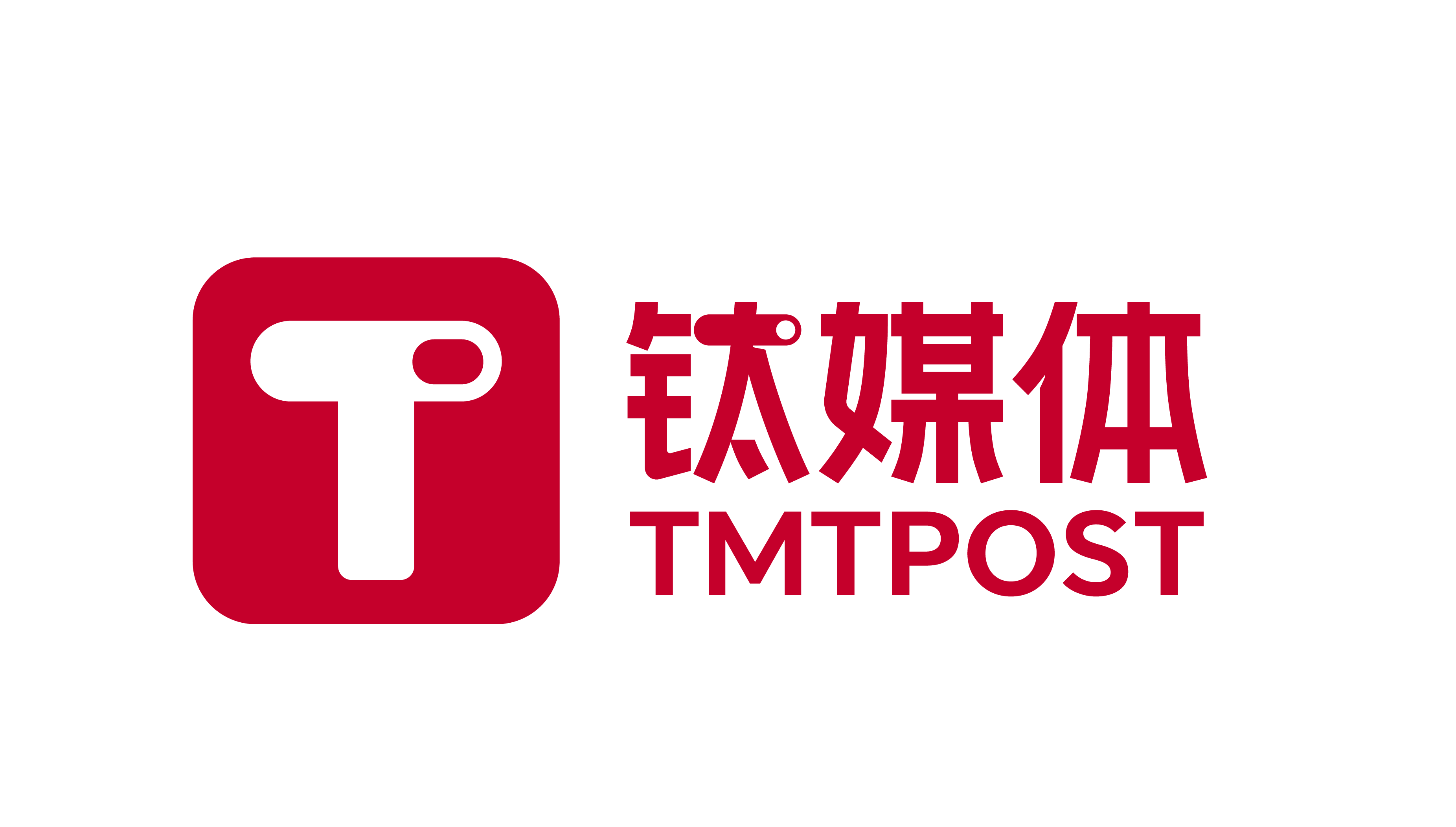
TMT POST
TMTPost Group is a new media and a data/information service platform focused on technology and finance, dedicated to providing valuable information, knowledge, observations, connections, and services to innovators and investors. TMTPost Group has four main business segments, including “the new media, technology stock information services , ”, as well as the TMTPost International global business layout. The vision of TMTPost is to serve and promote the development and growth of China's science and technology industry with its own ecological capabilities.
SPONSOR

YEHUICUI - Hebei Kaidi Agricultural Technology Development Co., LTD
YEHUICUI belongs to Hebei Kaidi Agricultural Science and Technology Development Co., LTD., which is a modern agricultural science and technology enterprise integrating the production and sales of agricultural products, food, daily consumer goods and industrial equipment. The YEHUICUI is dedicated to the research and development, production and sales of coconut beverages. With the mission of "enabling consumers to enjoy healthy, nutritious and naturally extracted coconut beverages", it is committed to becoming an industry benchmark. The brand was initially centered on the core concept of "natural, healthy and nutritious", adhering to the principle of "0 pigments, 0 flavors, 0 preservatives", and taking "green, original flavor, healthy and nutritious" as its brand mission. It retains the nutritional components and natural flavor of coconuts to the greatest extent, ensuring the hygiene and safety of the products. The product is called "natural coconut juice" by consumers for its unique natural taste. It is sold far and wide in markets all over China and is deeply loved by consumers. It is gradually realizing the vision of bringing healthy coconut beverages into every household!
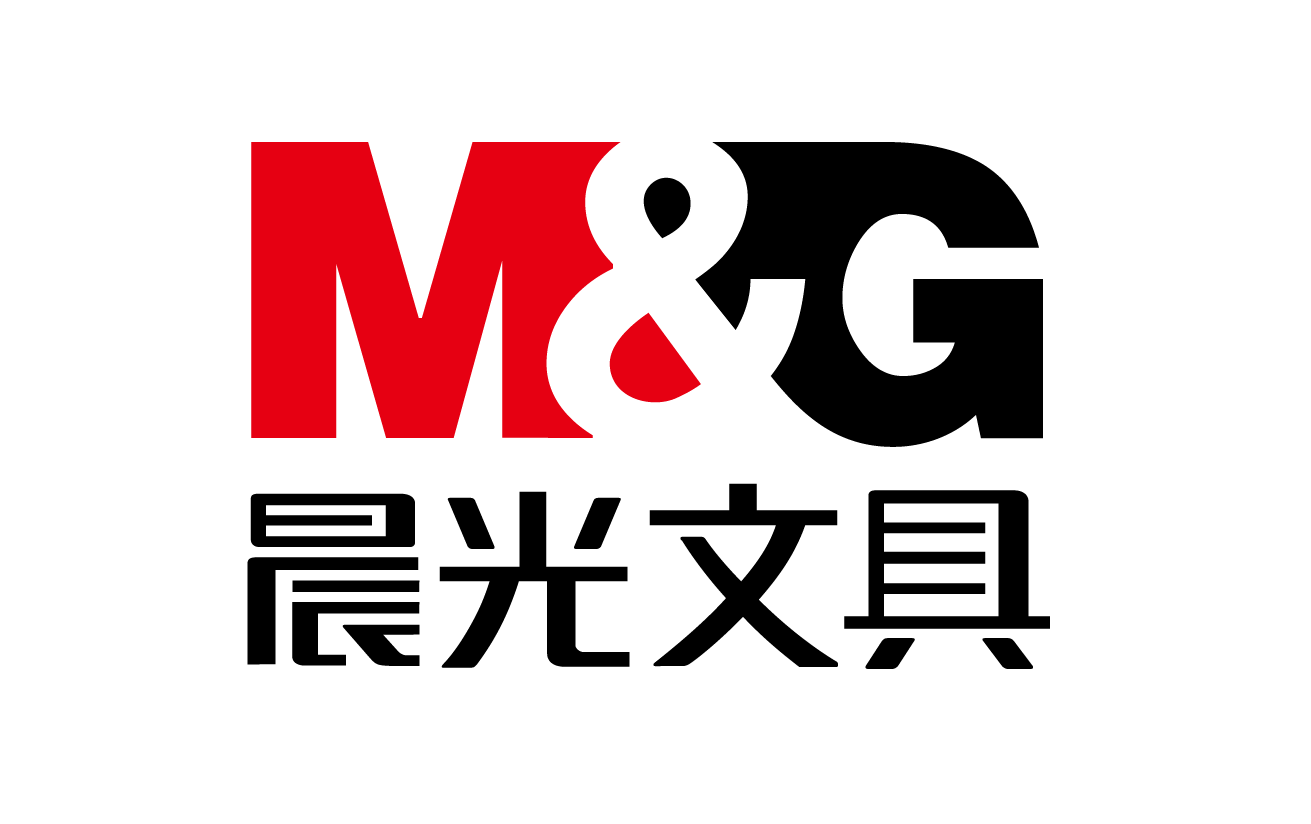
Shanghai M&G Stationery Inc.
Shanghai M&G Stationery Inc. is the leading Player in Chinese Stationery and one of the largest stationery companies worldwide. The founder started the stationery business in 1989 with the mission to “Make study and work more joyful & effective”. Its products span standard office supplies to ancillary products. M&G is a listed company in Shanghai Stock Exchange since 2015. In 2024, its turnover reached 24.2 billion RMB. It invests around 100 million RMB annually into Research and Development design, and its distribution network covers over 70,000 retail terminals and over 100 overseas countries. In 2022, M&G has developed a sustainable development strategy. With its vision of “Writing a Sustainable Business Future”, it focuses on four pillars: sustainable products, response to climate change, sustainable supply chain and empowering employees and communities.M&G achieved an AA rating in the MSCI ESG Ratings in 2025, was recognized as a National Green Factory, and earned a spot on 2024 Fortune China ESG Impact List.
LET US KNOW WHAT
INTERESTS YOU

